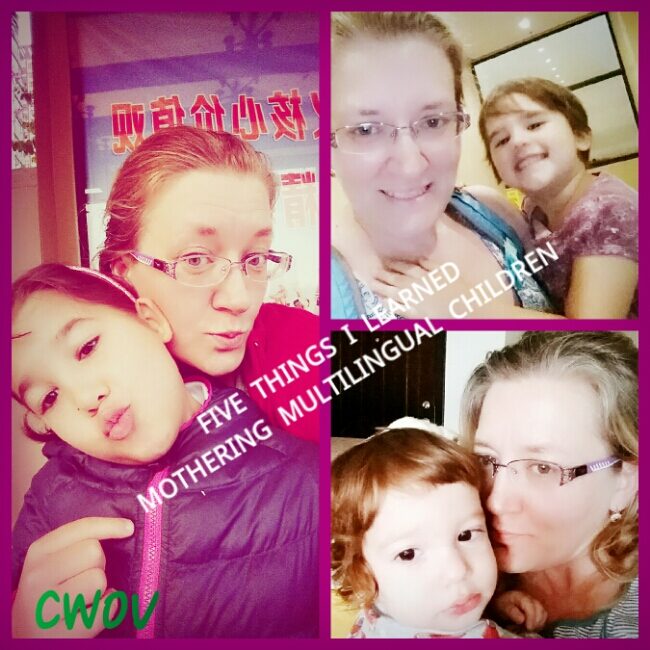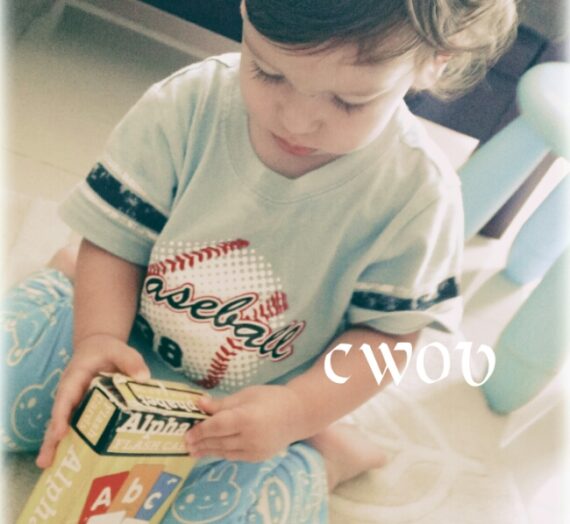When I was little, I knew I wanted to learn foreign languages. I dreamed of traveling to other cities and countries. I was and I still am fascinated with travels and cultures.
I have asked myself a question when I was younger whether I saw myself getting married to someone from another culture, country and leaving my “nest”. It was some kind of distant dream and I was inspired by beautiful stories about such marriages from books and movies.
I can’t say that the reality is not exciting
or boring. But being in a multicultural marriage and bringing up a multicultural family is work. Being a parent is work, whether it is in the same culture or not. There are challenges, but there are plenty of rewards. The main one being assured that your children are growing up embracing the world as their home. Embracing all people as equal, despite the nationality. Despite the race. Despite the social status.
We are also fortunate enough to experience the world through an expat experience. I personally think it is even more challenging being a third culture kid (TCK) who speaks several languages. But again – there are great rewards and benefits in that.
My oldest speaks 3 languages. My second speaks 1, understands 2 more. And our youngest, who still doesn’t speak one, seems to have a good understanding of 3 languages as well.
Mothering multilingual children has some interesting sides and I wanted to share 7 things I learned so far in the process.
1. Choose a method for supporting your mother tongue that suits you the best: you can go OPOL (one parent – one language) and stick to it stricly; or you can switch languages – the results may or may not be the same. But the amount of exposure is great either way.
2. If your child is resisting speaking his/her mother tongue – don’t get upset. Keep up with it, encourage in gentle ways. You don’t really want your child to hate your language, do you? In reality, there WILL be time when the need will arise to learn and to speak it. And your child WILL show more interest.
3. We are raising global citizens. Exposing them to as many languages as possible will not confuse them: it will give them more chances to use different parts of their conscious and subconscious, develop them in the ways we never had a chance to develop.
4. Where there is a will – there is a way. We are so fortunate that we have tons of free and paid resources available for learning languages. And that multilingualism exists and is promoted all over the world. No matter how busy you are, there is always an opportunity to find these materials and use them.
5. Follow your gut feeling. And when you ask for advice on how to support a language at home – filter the answers according to what suits you and your family best. There will always be people giving you grieve about not being consistent with one language or another. Do not let them discourage you or worry too much. Everyone learns in their own pace.
Reading the above, you probably wonder why I am coming so strong with my statements and where I get these ideas. Quick look at my 3 children:
Miss T. Started off by speaking Russian to her but when we travelled to Russia I spoke English and I was told I was confusing her. She was 23 months when she chose English as her first language. At 3 she used to scream at me not to speak Russian to her. At 5 she was thrilled with the fact that her cousins speak Russian and insisted I teach her. She was already fluent in Mandarin by then. Now, at 7+ she is understands about 70% of what I say in Russian and responds in about 40% of times. She is still eager to learn. And we are working on it
Miss A. Spoke Russian to her and switch to English occasionally till she was 2. She didn’t speak much till she was 3. Chose English. Knows Russian alphabet and numbers, can recognize them randomly. Understands 70% of what I say. Refuses to respond in Russian. I am not pushing. She is also learning Mandarin Chinese in school. Has excellent memory and remembers all songs she ever learned in 3 languages. I suspect she also understands 40% of what my mother-in-law says in Farsi.
Mini Man. At 20 months he understands and follows 3 languages simultaneously: Russian, English and Farsi. He doesn’t speak much. But words he says, he speaks them in 3 languages. He will definitely choose English as his first because it is the language in the family. But I hope he will respond more in Russian and Farsi soon!
So, this is what I learned Mothering multilingual children. How about your experience?
******************************
Please join us in celebrating International Mother Language Day on February 27th! Join our Facebook Group to see more posts dedicated to this celebration!


